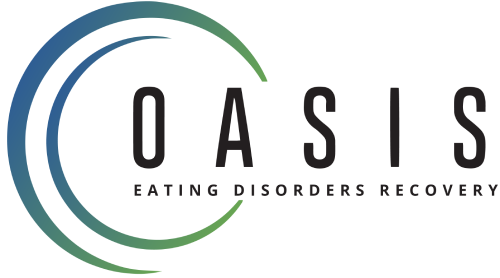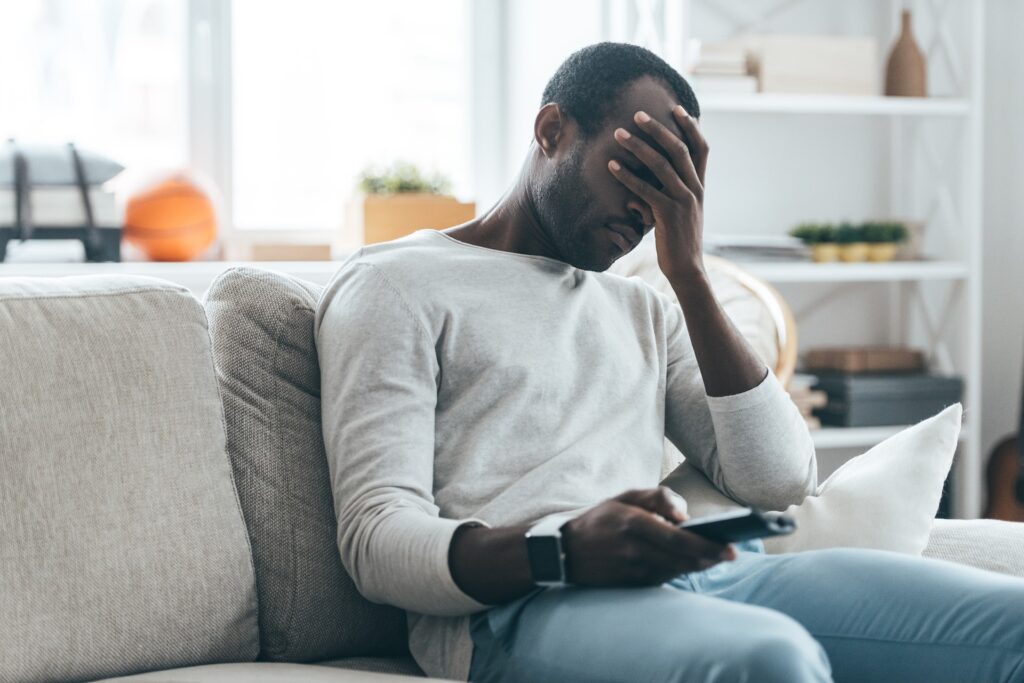Eating disorders and depression are frequently linked together. Medical studies show that around 50%-75% of people who have an eating disorder are also depressed. As such, identifying, diagnosing, and treating eating disorders necessitates an understanding of the important link between eating disorders and anxiety disorders. Read on to learn more.
Understanding Depression
Depression, often known as Major Depressive Disorder (MDD), dominates discussions about mental health. Many people, however, may be unaware that “feeling depressed” is not the same as experiencing MDD.
DSM-5 criteria are used to make the diagnosis of Major Depressive Disorder. These are the conditions:
- At least five of the following symptoms have been present for at least two weeks and constitute a change in functioning; at least one of these symptoms is either (1) depressed mood or (2) lack of interest or pleasure.
- Depressed mood for most of the day almost every day (e.g., sad, empty, hopeless) or observed by others (e.g., appears emotional).
- Daily, significantly reduced interest or enjoyment in all or almost all activities (as indicated by either subjective account or observation).
- Weight loss or gain of more than 5% per month without dieting or daily hunger fluctuations.
- Insomnia and hypersomnia on a regular basis
- Psychomotor agitation or retardation is almost always present (observable by others, not merely subjective feelings of restlessness or being slowed down).
- Almost daily exhaustion.
- Feelings of insignificance or excessive or inappropriate guilt (which may be fictitious) on a daily basis (not merely self-reproach or guilt about being sick).
- Indecision and trouble thinking or concentrating on a daily basis.
- Suicidal ideation without a plan, suicide attempt, or suicide plot, recurring thoughts of death (not only a fear of death).
These symptoms, as research suggests, have a significant impact on critical social, vocational, or other functioning. However, the occurrence is not necessarily caused by a drug or a medical condition.
The Indications of Depression
When depression symptoms are dismissed as a “poor day” or “bad mood,” they can go unnoticed. You or a loved one display any symptoms, such as self-isolation, feelings of worthlessness, disinterest in fun activities, crying weeping, adjusting appetites, growing thoughts of suicide, self-harm, anger, insomnia, lack of drive to get up in the morning and performing everyday duties, lack of focus, unexplained fatigue, as well as slow speech, thinking, and movements.
Depression: The Cause of Eating Disorders
Depression can trigger eating disorders, but there is no single cause. As such, depression may not be the sole trigger that develops eating disorders.
Depression is a mood disorder that necessitates coping skills. Restricting, binging, and purging are all examples of disordered eating behaviors. Low self-esteem is also a sign of both depression and eating disorders.
However, it is worth noting that depression causes drastic changes in appetite, which can lead to eating disorders.
The Link between Anorexia and Depression
Depression is prevalent in all eating disorders, however, the relationship between depression and each diagnosis varies.
Depression affects 42% of anorexics. Researchers link these diseases to low self-esteem and body dissatisfaction. Without therapy, these feelings have the potential to cause or perpetuate either condition.
The Link between Bulimia and Depression
Depression affects 70% of bulimics.
Low self-esteem, loneliness/isolation, feeling out of control, anger/irritability, and inadequacy are all symptoms of bulimia and depression. These problems affect social and occupational functioning.
Purging also has an effect on the brain and body, increasing the likelihood of depression symptoms and making emotion management more difficult.
The Link between BED and Depression
It is said that 46% of people with Binge Eating Disorder (BED) are found to be depressed.
Shame, guilt, powerlessness, and low self-esteem are all symptoms of BED. Depression can create mood dysregulation, which can lead to binge eating. When binge eaters feel imprisoned in a cycle of worthlessness and helplessness, depression can develop.
Conclusion
Depression and eating disorders manifest differently in different people. Some people utilize disordered eating as a coping technique for their sadness, while others develop depression as a result of malnutrition.
Because these disorders are described as psychological disorders, symptoms must be monitored. With the help of intervention professionals, you or your loved one can seek assistance before it is too late.
Are you in search of an eating disorder recovery center? Oasis Eating Disorders Recovery is here to offer programs that can help those in need. With us, there is a path to a healthy mind and a healthy body. Contact us today to learn more.

